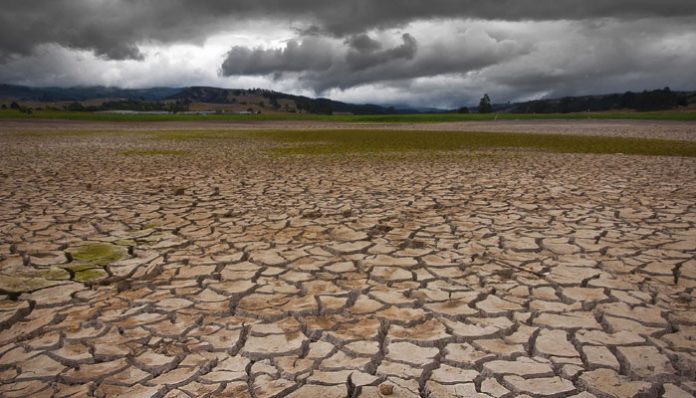Scientists have warned that climate change will have a detrimental effect on the US economy and could also widen the gap between the poor and the rich.
The study is a first of its kind that puts a price tag on the warming using data and evidence accumulated by the research community over decades. From this data, the team estimates that for each 0.55 degree C increase in global temperatures, the US economy loses about 0.7 per cent of Gross Domestic Product, with each degree of warming costing more than the last.
Researchers also claim that the poorest third of counties could sustain economic damage costing as much as 20 per cent of their income if warming proceeds unabated.
States in the South and lower Midwest, which tend to be poor and hot already, will lose the most, with economic opportunity travelling northward and westward.
Colder and richer counties along the northern border and in the Rockies could benefit the most as health, agriculture and energy costs are projected to improve, according to the study published in the journal Science.
Overall, the study projects losses, economic restructuring and widening inequality.
“Unmitigated climate change will be very expensive for huge regions of the US,” said Solomon Hsiang, Associate Professor of the University of California-Berkeley in the US.
“If we continue on the current path, our analysis indicates it may result in the largest transfer of wealth from the poor to the rich in the country’s history,” said Hsiang.
The study may settle the debate over whether climate change will help or hurt the US economy, being the first to use state-of-the-art statistical methods and 116 climate projections developed by scientists around the world to price the impacts of climate change the way the insurance industry or an investor would, comparing risks and rewards.
The team of economists and climate scientists computed the real-world costs and benefits: how agriculture, crime, health, energy demand, labour and coastal communities will be affected by higher temperatures, changing rainfall, rising seas and intensifying hurricanes.
“In the absence of major efforts to reduce emissions and strengthen resilience, the Gulf Coast will take a massive hit,” said Robert Kopp, a professor at Rutgers University in the US.
“Its exposure to sea-level rise – made worse by potentially stronger hurricanes – poses a major risk to its communities,” said Kopp.
“Increasingly extreme heat will drive up violent crime, slow down workers, amp up air conditioning costs, and threaten people’s lives,” he said.
If emissions growth is not slowed, then the resulting three to five degrees Celsius of warming above 19th-century levels projected for the last two decades of this century will have costs on par with the Great Recession – except they will not go away afterwards and damages for poor regions will be many times larger.
This metric can help the country manage climate change as it does other systematic economic risks.






